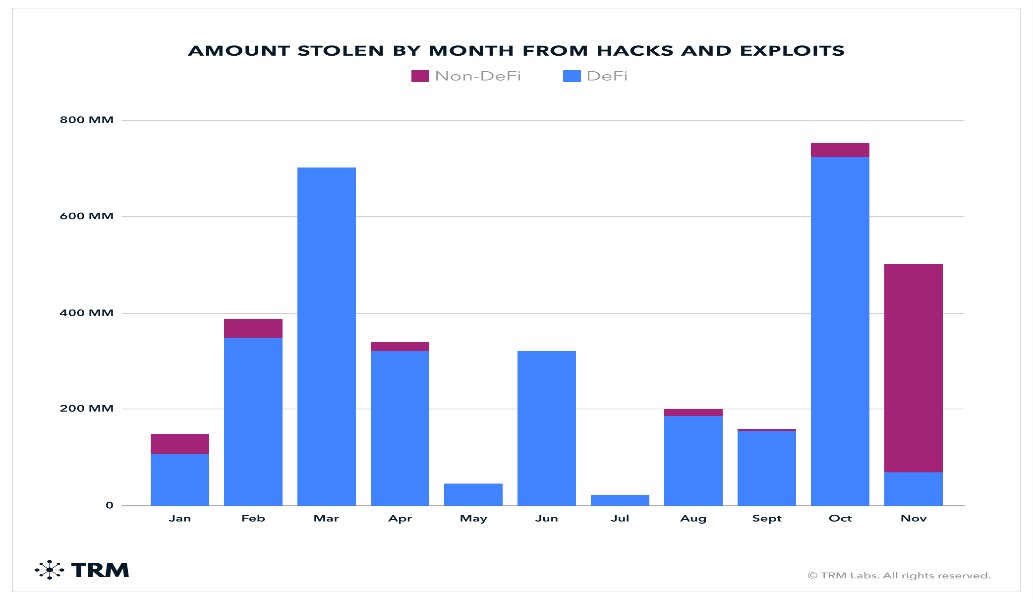The $223M Breach That’s Redefining Crypto Security
In the volatile world of cryptocurrency, a new line is drawn every time a major breach occurs. The recent $223 million hack of Cetus Protocol didn’t just shake a decentralized exchange—it sent a thunderclap through the entire Web3 ecosystem, forcing developers, investors, and security experts alike to reexamine the foundations of blockchain security.
This wasn’t just another “DeFi rug pull.” This was a sophisticated, deeply targeted attack on a core piece of crypto infrastructure—one that’s likely to change how we think about security in decentralized finance going forward.

Figure 1. Crypto Security.
A Breach of Epic Proportions
Cetus Protocol, a decentralized exchange operating on the Sui and Aptos blockchains, was designed to offer lightning-fast, trustless trading for crypto users worldwide. It did—until May 22, 2025, when a hacker exploited a vulnerability in its smart contracts and drained $223 million in assets, primarily in SUI and USDC tokens.
The attacker didn’t break in using stolen credentials or brute-force methods. Instead, they surgically manipulated the logic of Cetus’s automated market maker (AMM), exploiting how price curves and asset reserves were calculated. It was an exploit that weaponized the very code meant to keep users safe.
Why This Hack Stands Out
What makes the Cetus breach especially alarming is that it didn’t stem from poor password hygiene or a phishing scam. It was a flaw in design logic, hidden deep within smart contracts that had already passed audits. That’s right: this code had been reviewed, approved, and deployed with confidence. And it still failed.
The breach has redefined what “secure” means in Web3. It’s no longer enough for smart contracts to be functional—they must also be resistant to creative manipulation by bad actors who know the code just as well as the developers who wrote it.
The Ripple Effect
The fallout was immediate. CETUS token values nosedived, trust in the protocol cratered, and the Sui blockchain—still considered a rising star in the Layer 1 space—was left with a blemish on its reputation.
In response, Cetus froze operations, salvaged what it could (around $162 million), and offered a $5 million bounty for leads on the attacker [1]. Meanwhile, developers across the ecosystem began re-auditing contracts, fearing they could be next.
But the bigger impact may lie in how the breach reframes the conversation around security in DeFi. No longer is a smart contract audit a stamp of safety. Post-Cetus, it’s merely the starting point.
Security Is No Longer Optional
The Cetus exploit is fast becoming a case study in what not to do—and what must be done next. Experts are calling for:
- Layered Security Models – not just smart contract audits, but real-time monitoring, fail-safes, and contingency controls.
- Live Attack Simulations – testing not just whether code works, but how it might break under pressure.
- Security-First Culture – where product launches are delayed, not rushed, if code integrity is in question.
A Turning Point for the Industry
This breach could be a much-needed wake-up call—a moment where crypto stops glamorizing innovation for innovation’s sake and instead begins building systems that are truly resilient.
If the DeFi space takes the right lessons from this, the Cetus hack might be remembered not only as a tragedy—but as the turning point where security finally caught up with ambition.
Final Thought
>$223 million is a steep price to pay for a security lesson. But in the high-stakes world of crypto, it may be just enough to spark the reforms DeFi desperately needs. The real test now isn’t whether we can prevent the next hack—it’s whether we’re willing to rethink the very assumptions that made this one possible.
References:
- https://www.scworld.com/brief/insider-breach-compromises-coinbase-customer-info
Cite this article:
Keerthana S (2025), Crypto Shockwave: Hacker Hits Cetus Protocol for $223 Million, AnaTechMaz, pp,3.





